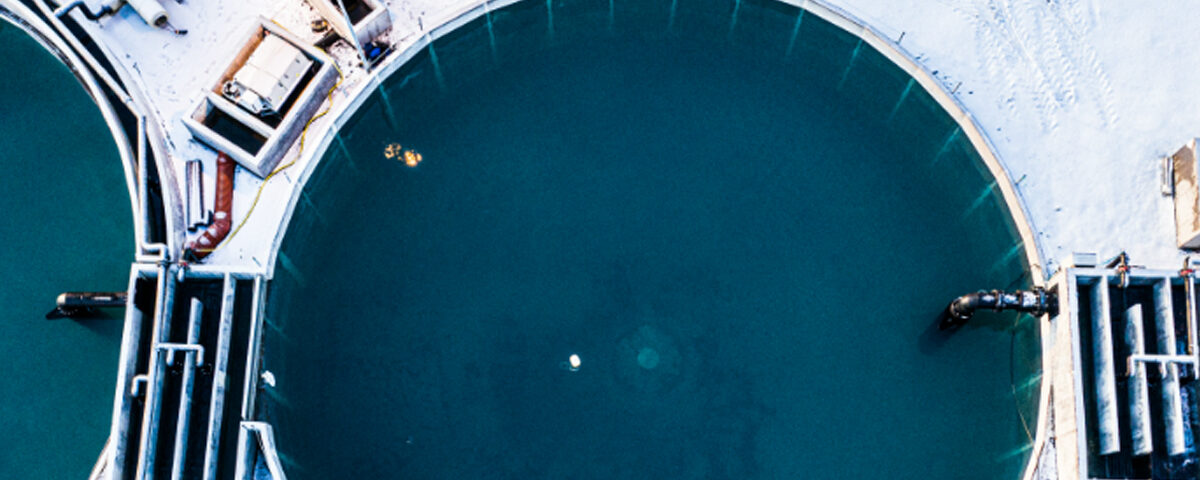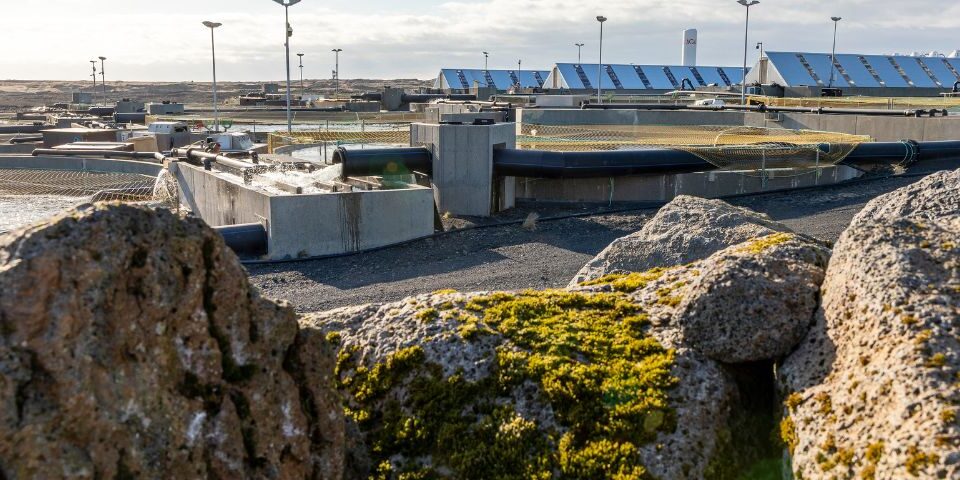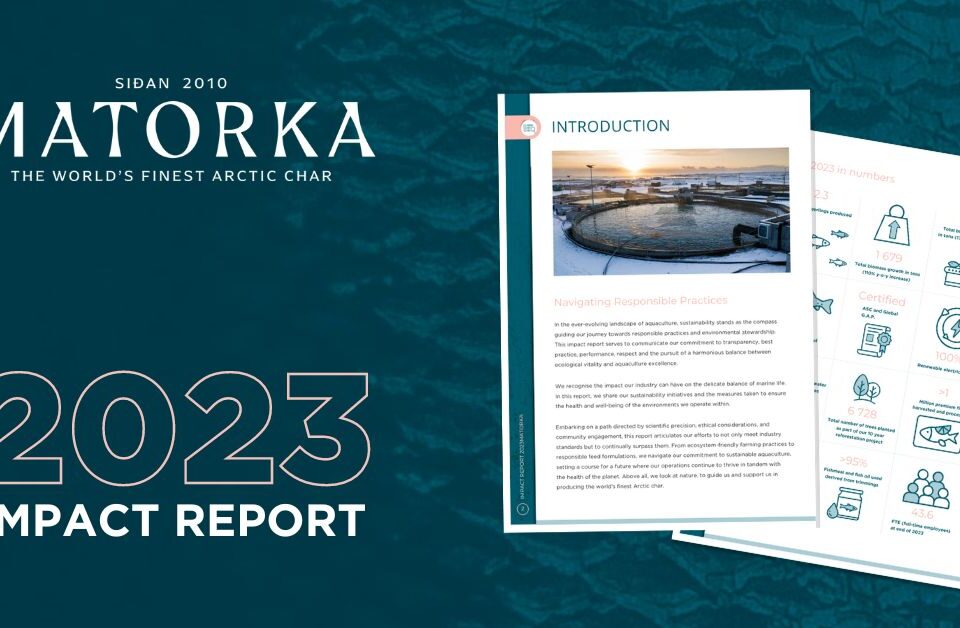A study on The State and Future of Aquaculture in Iceland

Iceland Arctic Char Facility
“To limit environmental impact from growth in food production, aquaculture can play an important role, having relative advantages compared to many other currently produced sources of protein. More broadly, aquaculture can support achieving the sustainable development goals of the United Nations.” – a study on The State and Future of Aquaculture in Iceland, by Government of Iceland – Ministry of Food, Agriculture and Fisheries.
Did you know that Arctic char has been grown on land in Iceland for several years and, in 2021, accounted for 65% of land-based harvest volume? Land-based aquaculture has attracted significant investment in Iceland, driven by the access to clean water and affordable green energy, despite the fact that it may be a relatively low share of the global aquaculture market.
The research shows that the state of growth in land-based aquaculture is primarily driven by:
– the current supply-demand imbalance,
– the growing emphasis placed by consumers on sustainability,
– the rapid development in technology,
– and the increase of levies on traditional aquaculture.
The study states that land-based aquaculture also holds potential to improve harvest predictability, solving a problem that has long prevented vendors from guaranteeing long-term supply and price stability and creating a window for sales volume and preferential treatment by buyers. These promising attributes have attracted several investors to land-based aquaculture in Iceland.
Read more about The State and Future of Aquaculture in Iceland here.


